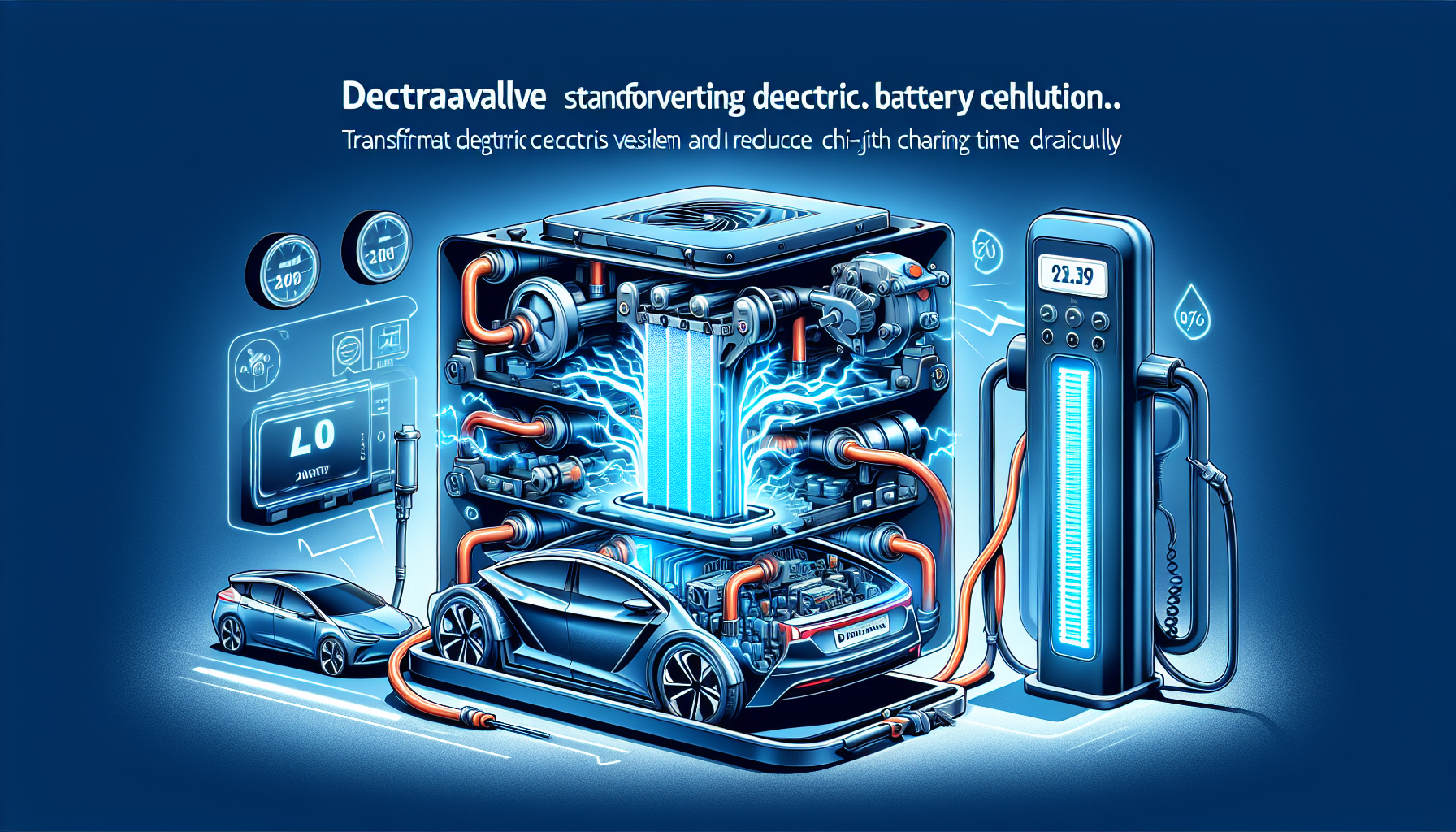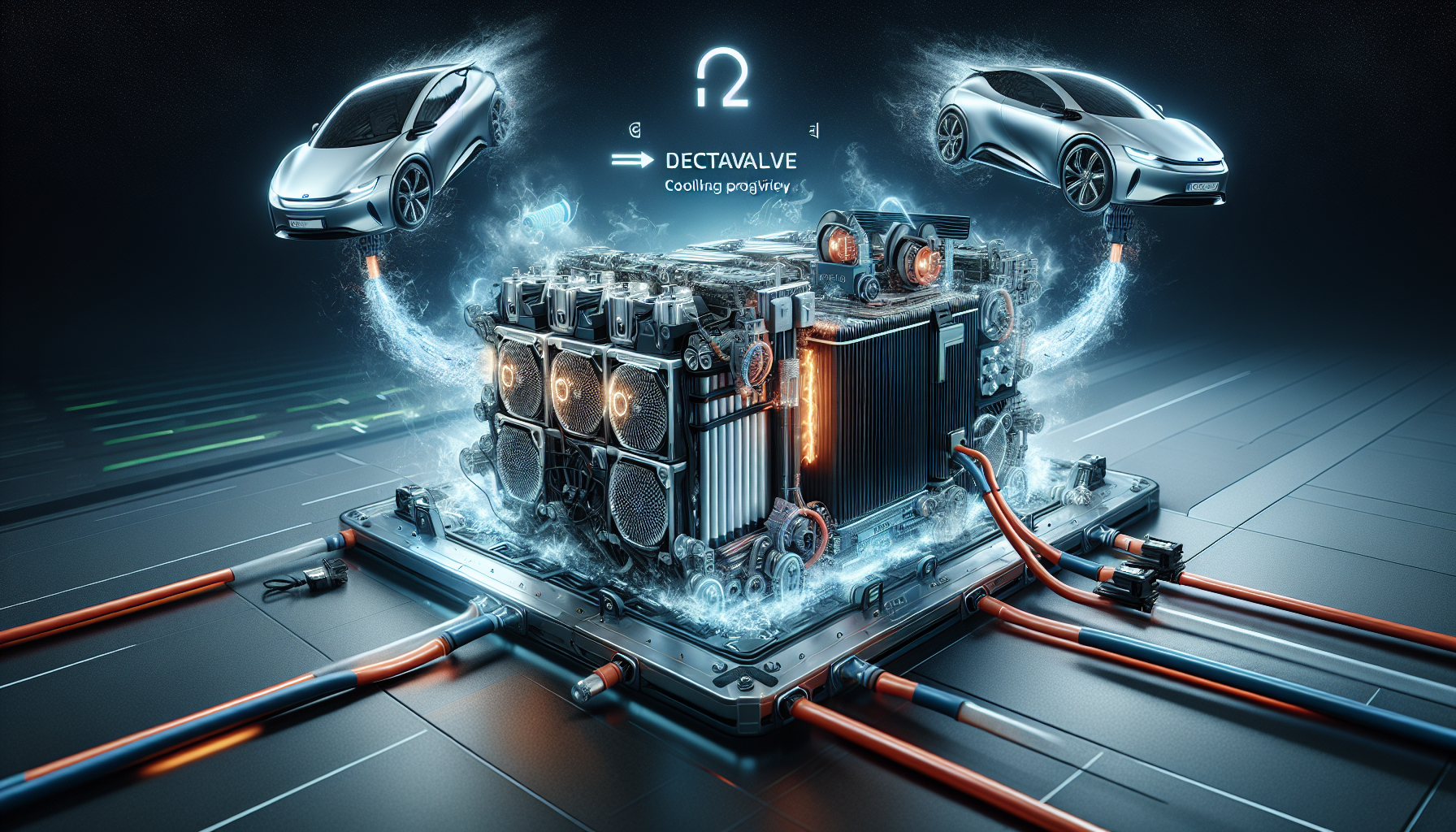Hydrohertz Reveals Dectravalve: Transforms EV Battery Cooling and Reduces Charging Duration to 10 Minutes
We independently review everything we recommend. When you buy through our links, we may earn a commission which is paid directly to our Australia-based writers, editors, and support staff. Thank you for your support!
- Hydrohertz unveils Dectravalve technology for accelerated EV charging.
- Dectravalve enhances thermal regulation in EV batteries.
- Enables a 10-minute fast charge without altering battery chemistry.
- Independent zone cooling avoids thermal discrepancies.
- Tests demonstrated a 68% cut in charging durations.
Advancement in EV Rapid Charging
The electric vehicle (EV) sector is approaching a transformative shift, thanks to Hydrohertz’s latest Dectravalve technology. Aimed at solving the well-known problem of lengthy charging times, the Dectravalve aspires to reduce charging periods to merely 10 minutes. This groundbreaking approach focuses on refining current battery technology instead of reinventing it.
Addressing Thermal Management Issues
A significant challenge in EV charging is controlling the thermal variances within battery cells. Fast charging can cause uneven heating of the cells, resulting in throttled charging speeds to avert damage. The Dectravalve mitigates this by providing accurate, independent cooling to various zones within the battery pack.
The Dectravalve Approach
In contrast to conventional systems that regard the battery pack as a whole, the Dectravalve delivers targeted thermal management. It includes a compact, multi-zone valve system capable of overseeing up to four or more separate zones. This approach halts the ‘thermal domino effect’ and guarantees that each segment of the battery receives optimal cooling.

Consequences for Consumers and Manufacturers
Hydrohertz CTO Martyn Talbot emphasizes the accuracy of the Dectravalve, which maintains battery cell temperatures within 2-3°C. This accuracy leads to faster charging, longer battery life, and greater safety. CEO Paul Arkesden underscores the affordability and transformative potential of this technology for both manufacturers and consumers alike.

Third-Party Testing and Findings
Third-party evaluations conducted by the Warwick Manufacturing Group (WMG) revealed remarkable outcomes. A 100kWh Lithium Iron Phosphate (LFP) battery outfitted with Dectravalve sustained a peak temperature of 44.5°C, with minimal temperature variance throughout the pack. Charging durations were shortened by 68%, making EV refueling comparable to conventional petrol or diesel stops.
TechBest’s View
While the Dectravalve offers encouraging results, it has yet to be adopted in commercial vehicles. Factors regarding in-cabin space and cost implications continue to be deliberated. However, for models where the technology is feasible, the reduction in charging time could present a substantial advantage.
Conclusion
The Dectravalve from Hydrohertz is set to transform EV charging by optimizing thermal management without altering battery chemistry. With the potential to reduce charging times to just 10 minutes, it addresses a key consumer concern, paving the way for broader EV acceptance.
Q&A
Q: What is the primary innovation of the Dectravalve?
A: The Dectravalve offers precise, independent thermal management for multiple zones within an EV battery pack, decreasing the likelihood of overheating and facilitating quicker charging.
Q: What effect does the Dectravalve have on charging durations?
A: In tests, the Dectravalve cut charging times by 68%, reducing an average 30-minute charge to only 10 minutes.
Q: Is the Dectravalve currently in use in EVs?
A: Currently, the technology is not yet utilized in commercial vehicles, and factors regarding space and cost are under evaluation.
Q: What advantages does it offer EV manufacturers?
A: Manufacturers can improve the performance of existing battery technologies, providing consumers with faster charging and enhanced battery longevity without waiting for new battery chemistries.
For additional details, visit hydrohertz.com
